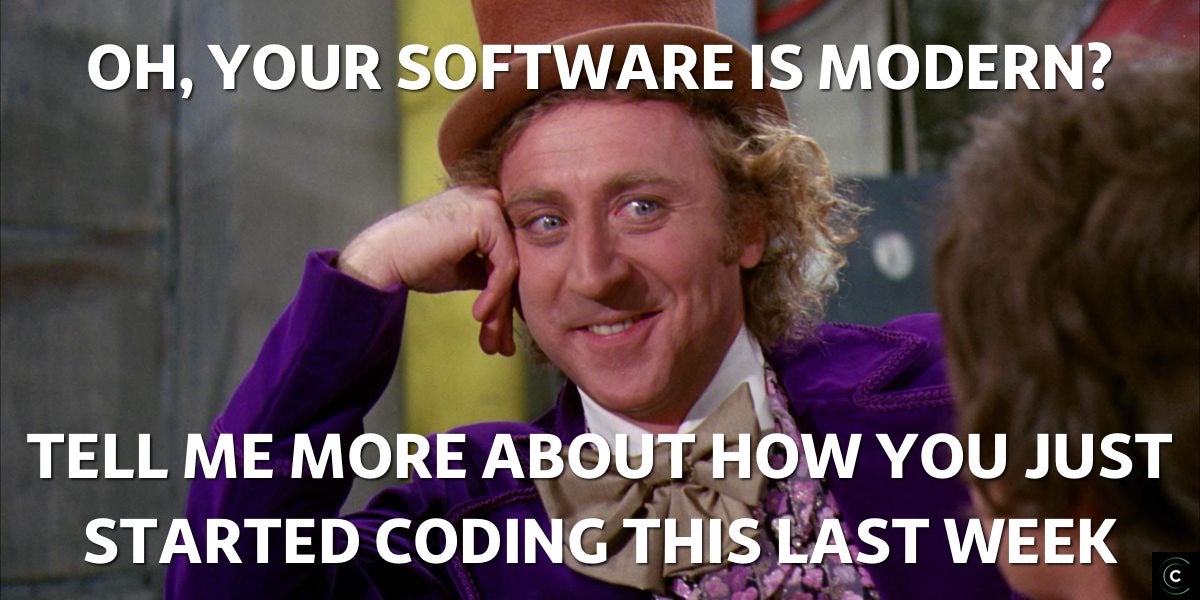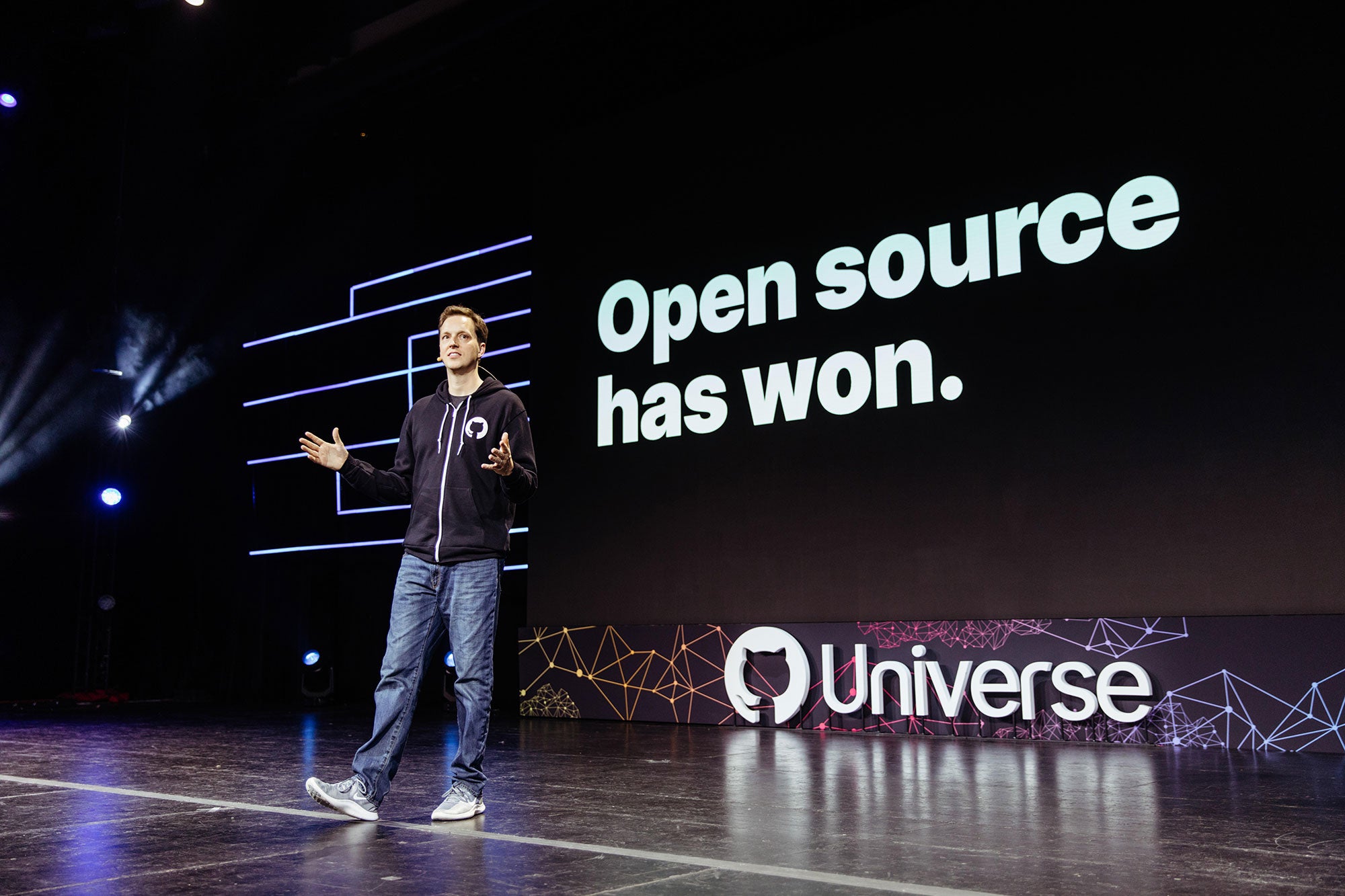How I convinced my government to apologise to Alan Turing
In 2009 I started the Alan Turing petition. Perhaps you read about in WIRED back in 2014. This is my first-hand account of how I started the petition, automated my father with Perl scripts, convinced the UK to apologise to Alan Turing, and received a personal phone call from the British Prime Minister.


